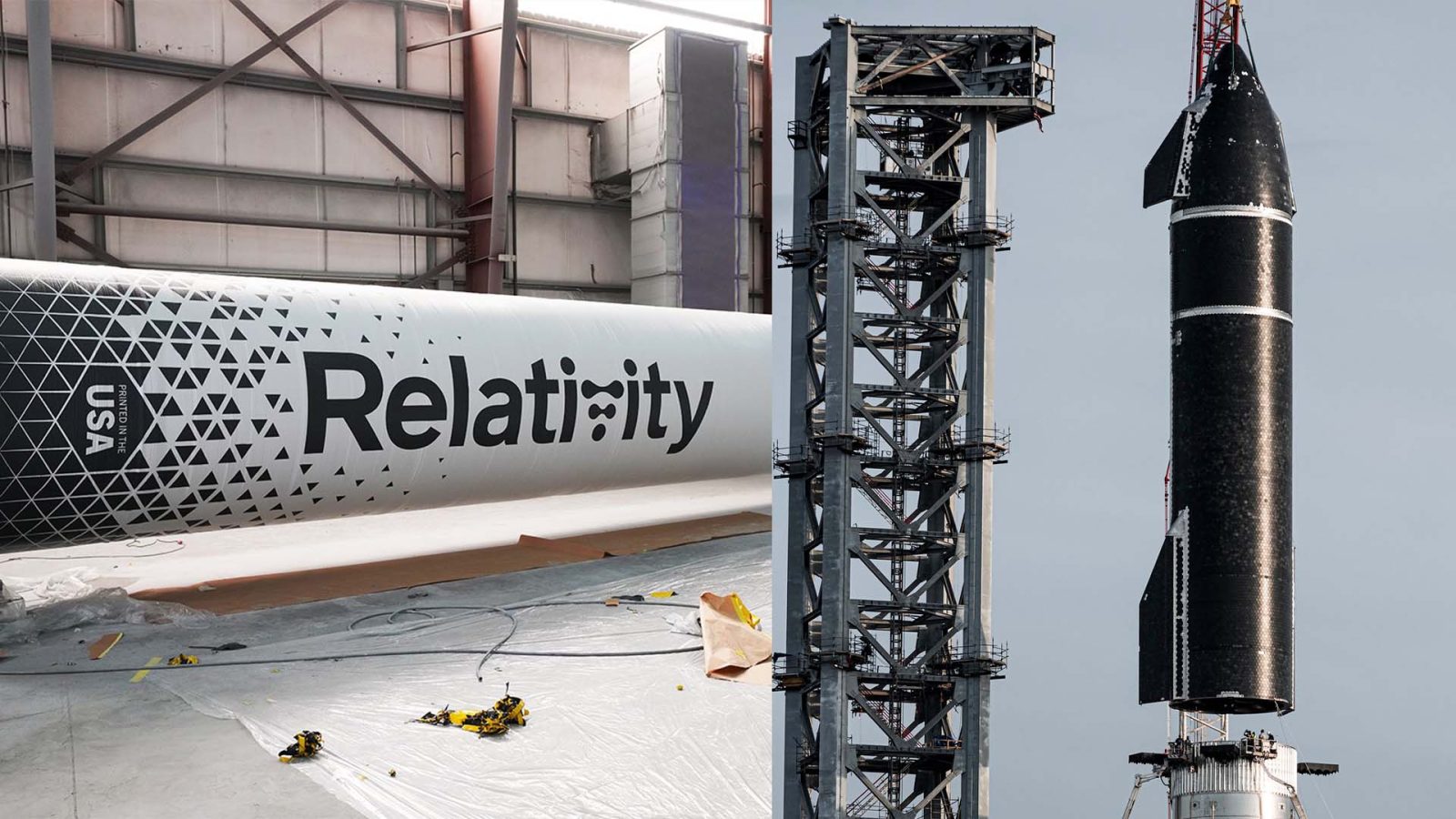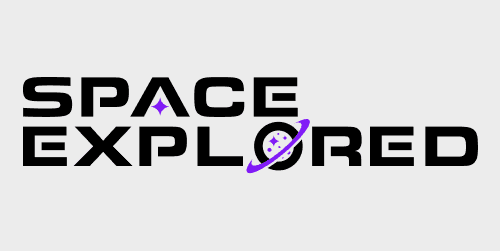
In preparation for the retirement of the International Space Station by the end of the decade, NASA awarded three companies for the development of new commercial alternatives. Many other companies failed in their bids, and NASA recently explained why these options weren’t chosen.
In total, 11 companies bid for the funds to develop their version of a commercial space station. However, many were not selected due to either technical or business management reasons. Below is the list of companies that bid for NASA’s Commerical LEO Destination project:
- Nanoracks
- Space Villages Inc.
- Northrop Grumman Systems Corporation
- Blue Origin, LLC (alongside Sierra Space)
- Orbital Assembly Corporation
- Hamon Industries
- ThinkOrbital Inc.
- DEHAS Limited
- Maverick Space Systems Inc.
- Space Exploration Technologies Corporation (SpaceX); and
- Relativity Space Inc.
Hamon Industries and DEHAS Limited were disqualified in the acceptance screening which saw over fundamental criteria. After that, a panel looked over the remaining nine bidders and selected Nanoracks, Blue Origin/Sierra Space, and Northrop Grumman, here’s why the others weren’t chosen.
SpaceX’s modified HLS Starship
SpaceX bid its Human Landing System Starship variant to the CLD project, a bold move. But NASA didn’t seem impressed with this idea. At the same time, the agency praised SpaceX for its history in building successful rockets and spacecraft, having proven safety and risk management, and technical know-how. However, NASA thinks Starship, without some significant changes, doesn’t sound like a suitable space station replacement.

It also sounds like SpaceX didn’t put a whole lot of effort into this proposal, as NASA states “a lack of definition on its CLD concept” and “external payload accommodations,” then “a lack of detail for scaling up [the life support] from a short to long-duration capability.” NASA also wasn’t too pleased with SpaceX relying on the success of the HLS program.
This bid looks more like a “because we could” rather than a “because we should” case, although we aren’t sure of that. No one doubts SpaceX’s ability to develop a capable LEO space station, but it is either too confident in its Starship vehicle or is just poking around to see what the industry is willing to use it for.
Relativity just missing the mark on a pretty cool sounding concept
The up-and-coming launch provider pitched building a space station that would include a returnable and reusable lab portion. However, while it gained praise for its simple life support system for short-duration missions, NASA was not thrilled with a lack of planning for maturing these systems for more extended missions.
Overall, the station sounded too small and not built up enough to accommodate what NASA was looking for. Overall it didn’t sound like a bad station, just not the right one for NASA. You could argue the commercial market might want a small, short-stay station for its research versus an ISS replacement.
Relativity also failed on the business planning side, failing to present NASA with a business strategy and requiring the development of a launch vehicle, which
was deemed outside the CLD’s scope.
They were not the worse of the pack however
Other companies like ThinkOrbital, Maverick, and Orbital Assembly Corporation got even worse beatings from the NASA panel, but I wouldn’t bet against anyone that wasn’t selected. The market for commercial stations is growing, and NASA’s CLD isn’t a guarantee of full funding yet.
You can download and read the full letter detailing the reasons for each company’s denial or acceptance of the award below.
Enjoy reading Space Explored?
Help others find us by following on Apple News and Google News. Be sure to check us out on YouTube, Twitter, Facebook, and Instagram, join our Discord!
FTC: We use income earning auto affiliate links. More.

Comments